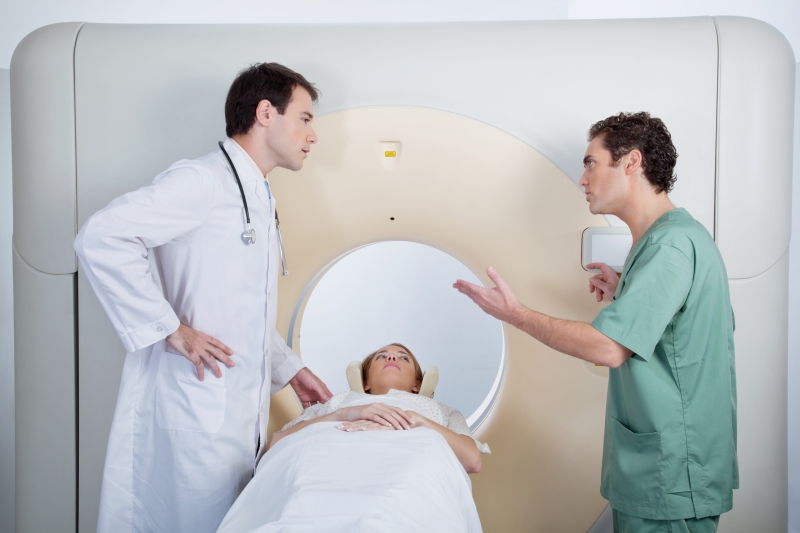The General Side Effects of Radiotherapy
Patients may experience side effects after radiotherapy, some of which are listed below.
General Side Effects
Nausea
Radiotherapy can sometimes induce the feeling of nausea, which may lead to vomiting. Any type of radiotherapy can bring about this condition, but it is more likely to occur when the treatment is centred on the stomach.
Tiredness
A large proportion of patients will feel tired after radiotherapy, but not all. For those that do feel tired, it can sometimes mean taking time off work.After a course of radiotherapy has been completed, tiredness can last as long as a month. Each case is different, however, and factors such as surgery and chemotherapy can worsen tiredness.
Skin Reactions
Skin reactions are sometimes seen in patients that have undergone external radiotherapy, and the onset can be as long as 10 days after treatment.How someone’s skin reacts to radiotherapy can depend on a number of factors, including intensity of treatment and type of skin.
Symptoms Similar to Flue
Flue-like symptoms include aches in the joints, lethargy, a temperature and headaches. These symptoms are often seen in palliative patients that undergo two sets of treatments. After a short time, the flue-like symptoms usually subside.
Blood Changes
Some forms of radiotherapy can affect the blood, such as radioisotope therapy. When this happens, levels of white and red blood cells can reduce, leading to lethargy and susceptibility to infection. Medical teams will check for this and treat where appropriate.
Secondary Cancers
Radiotherapy is not the perfect treatment. When cells are targeted by this intervention, there is a small chance that healthy cells can mutate to form second cancers. The likelihood of this, though, means that the advantages of radiotherapy far outweigh the drawbacks.
Medical Advancements
Radiotherapy, like any cancer treatment, can have its complications, but these are reducing all the time through advancements in medicine.
